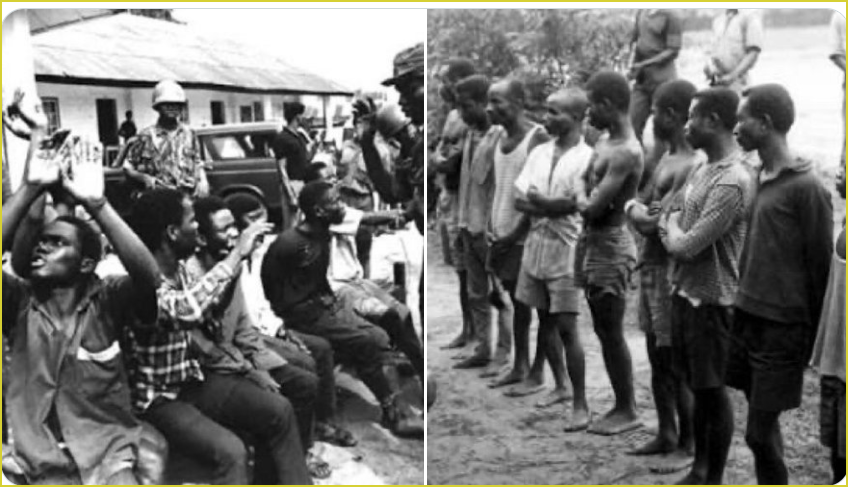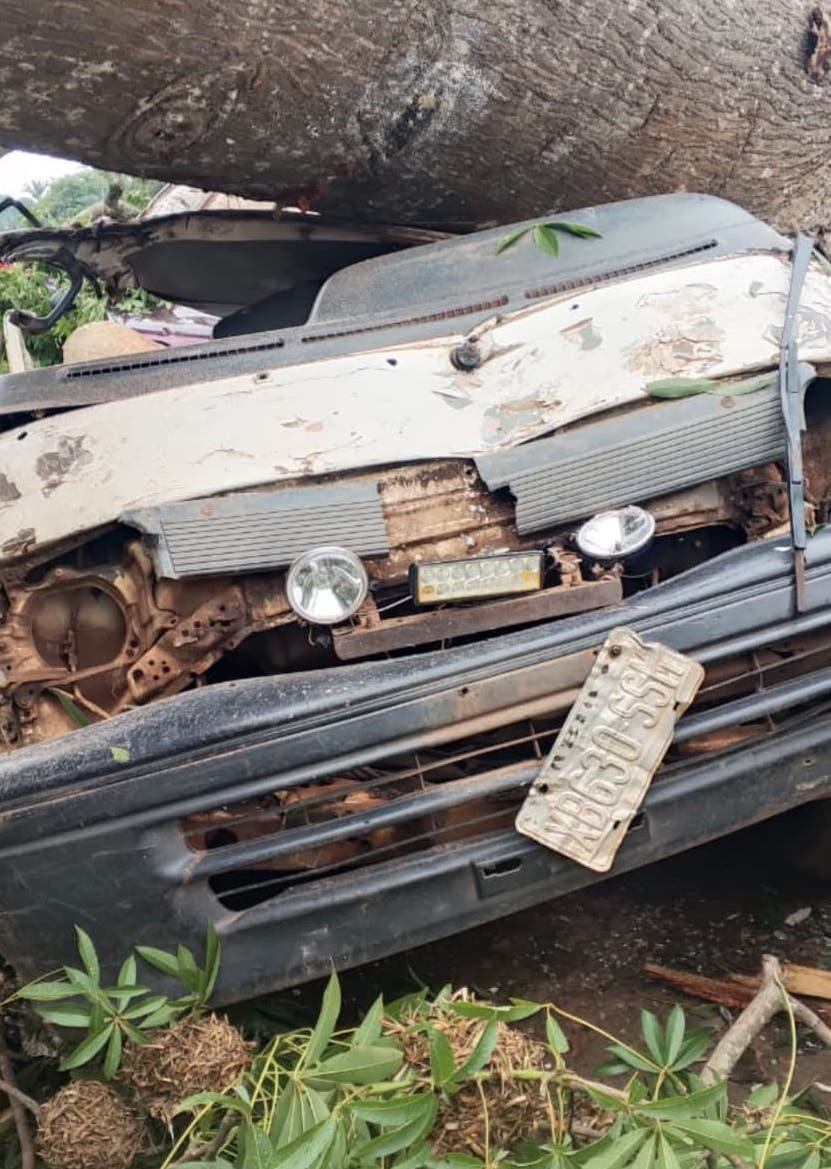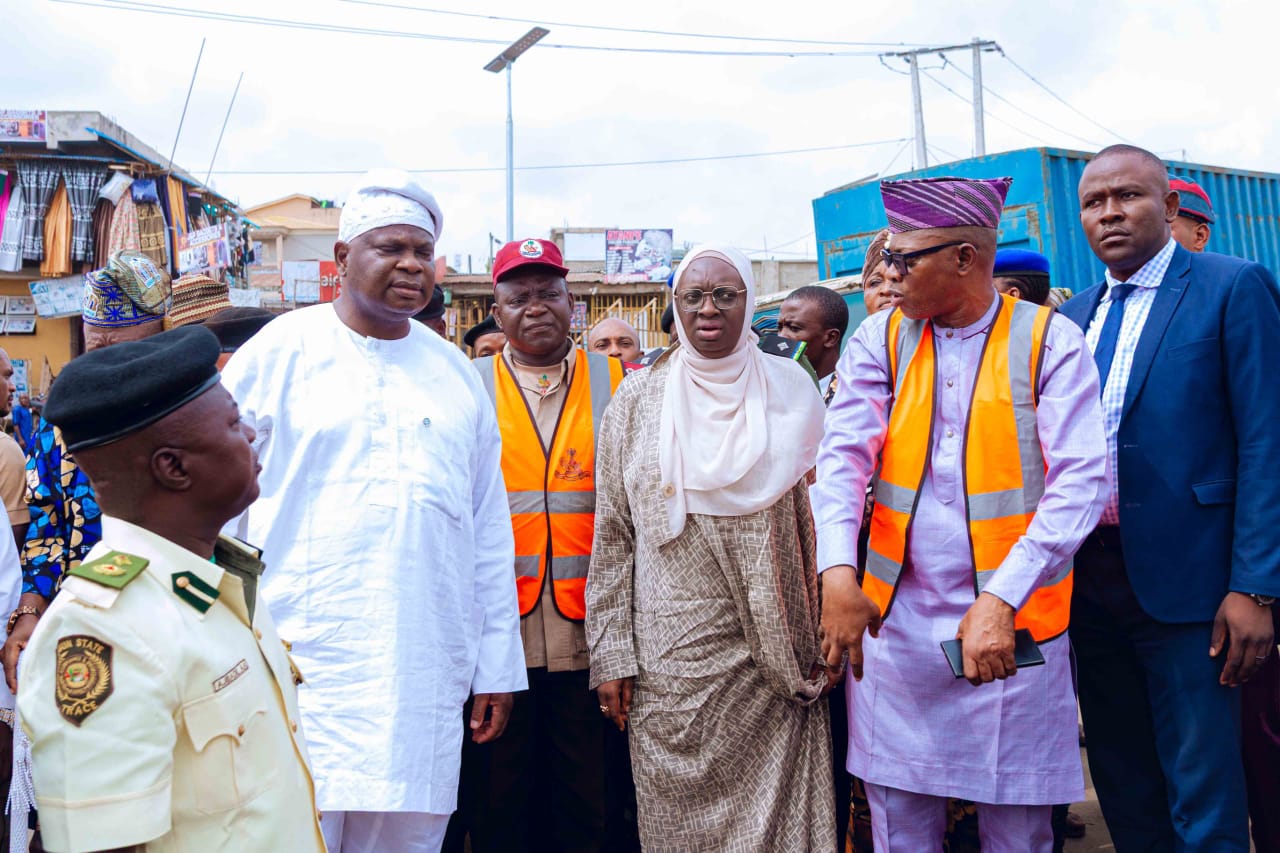Echoes of 1967: Asaba Remembers Fallen Victims, Demands National Reckoning

Fifty-seven years after one of the darkest episodes in Nigeria’s history, the people of Asaba on Monday 6th October, 2025 gathered in solemn reflection to commemorate the 1967 Asaba Massacre, renewing their call for justice and an official apology from the Federal Government.
The remembrance event, held at the Ogbe-Osowa Memorial Arcade in the Delta State capital, drew survivors, traditional leaders, Government representatives, and members of civil society who paid tribute to the hundreds of men and boys executed by Federal troops during the Nigerian Civil War.
The commemoration featured prayers, candlelight processions, wreath-laying, and cultural performances symbolizing peace and unity.
In a message delivered on his behalf, the Asagba of Asaba, Obi (Prof.) Chike Edozien, said the annual remembrance serves as a reminder of the need for truth, healing, and reconciliation in Nigeria.
“The people of Asaba have carried this pain for over five decades,” the monarch’s representative said. “A formal apology from the Federal Government will not only bring closure to the families of victims but also strengthen our collective resolve for a united and peaceful Nation.”
Historians recount that in October 1967, Federal soldiers invaded Asaba under the mistaken belief that the town supported the Biafran side.
Hundreds of unarmed men and boys were rounded up at Ogbe-Osowa Square and executed—a tragedy that left deep emotional scars on the community.
Representatives of the Asaba Development Union (ADU) and the Anioma Historical Society also called for the recognition of the massacre in Nigeria’s official history and the establishment of a national monument in honour of the victims.
Mrs. Nkem Nwaokolo, a survivor who was 10 years old when the killings took place, gave an emotional account of how she lost her father and two brothers. “That day changed our lives forever.
We remember them every year—not out of bitterness, but with the hope that the truth will be acknowledged,” she said.
The ceremony also featured dramatic reenactments by local youth groups, depicting the tragic events as a means of educating younger generations about the consequences of war and ethnic division.
Community leaders reiterated their commitment to preserving the memory of the victims through education, documentation, and continued advocacy for justice.
Asaba, now a vibrant capital city, continues to bear the historical burden of that fateful day in 1967. But residents say their annual commemoration has become more than an act of remembrance—it is a call for National reckoning and unity.



